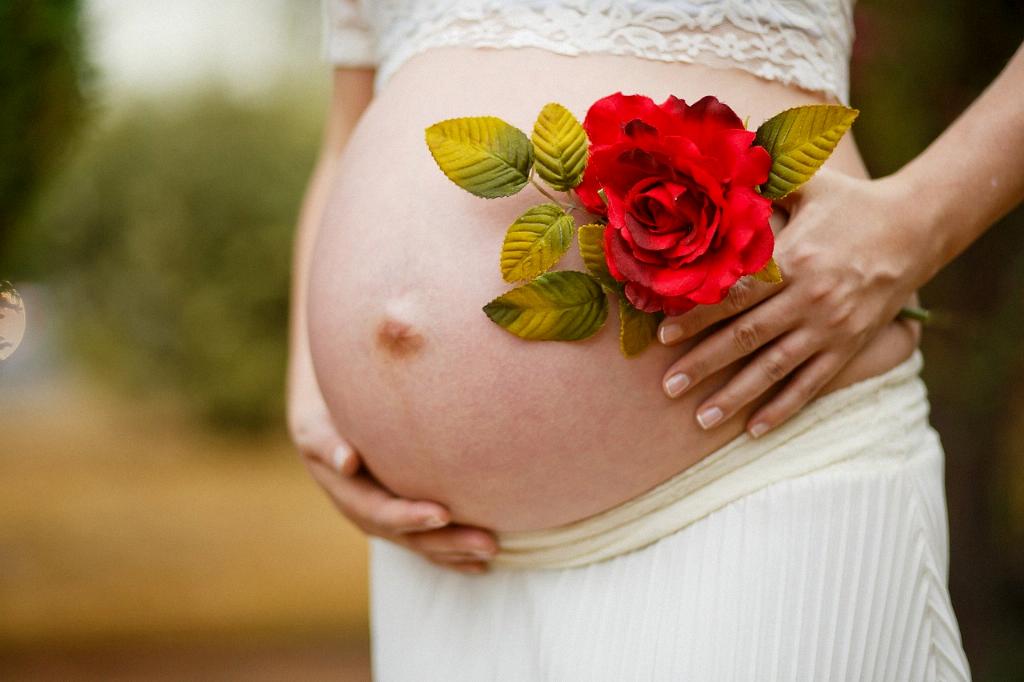When it comes to taking a pregnancy test, timing is crucial. Understanding when and how to take a pregnancy test can help provide accurate results and minimize the chances of false negatives or false positives. The question of how long you should wait to test to see if you’re pregnant depends on various factors, including the regularity of your menstrual cycle and when fertilization and implantation occurred.
One of the key factors to consider is the presence of human chorionic gonadotropin (HCG) in your body. HCG is a hormone that is produced by the placenta after a fertilized egg attaches to the uterine lining. While traces of HCG can be detected as early as 6 days after implantation, it typically takes around 7-10 days for the body to produce enough HCG to be detectable by a pregnancy test.
For women with regular menstrual cycles, waiting until the day after a missed period to take a pregnancy test can yield accurate results. However, if you have irregular periods or are unsure of when your period was due, it’s recommended to wait at least 21 days after having unprotected sex before taking a pregnancy test.
It’s important to note that the accuracy of a pregnancy test can also be influenced by the type of test you use and how well you follow the instructions. Some pregnancy tests are more sensitive than others and may be able to detect lower levels of HCG earlier in the pregnancy.
If you’re eager to find out if you’re pregnant but test too early, you may receive a false negative result. This can occur if the levels of HCG in your body are still too low to be detected by the test. In such cases, it’s recommended to wait a few more days and retest for a more accurate result.
On the other hand, taking a pregnancy test too late may also affect the accuracy of the results. Once an egg is fertilized, it takes about 6-12 days to implant into the uterine lining. Therefore, waiting too long to take a pregnancy test may result in a missed opportunity to detect a potential pregnancy.
For the most reliable results, it’s best to follow the instructions provided with the pregnancy test kit and to wait until the appropriate time to test. If you suspect you might be pregnant but receive a negative result, consider waiting a few more days and retesting or consulting with a healthcare provider for further guidance.
Keep in mind that factors such as stress, medications, and certain medical conditions can also impact the accuracy of a pregnancy test. If you have concerns about your menstrual cycle, fertility, or potential pregnancy, it’s always best to seek advice from a healthcare professional for personalized recommendations.
In conclusion, the timing of when to take a pregnancy test to determine if you’re pregnant is influenced by various factors such as the regularity of your menstrual cycle, the sensitivity of the test, and when fertilization and implantation occurred. By understanding these factors and following the guidelines provided, you can increase the likelihood of receiving accurate results and making informed decisions regarding your reproductive health.

